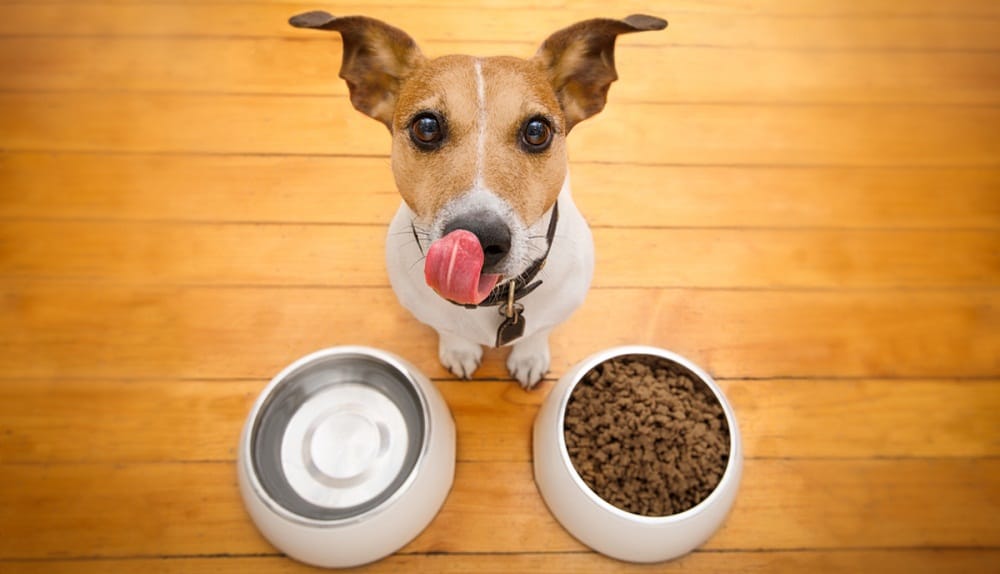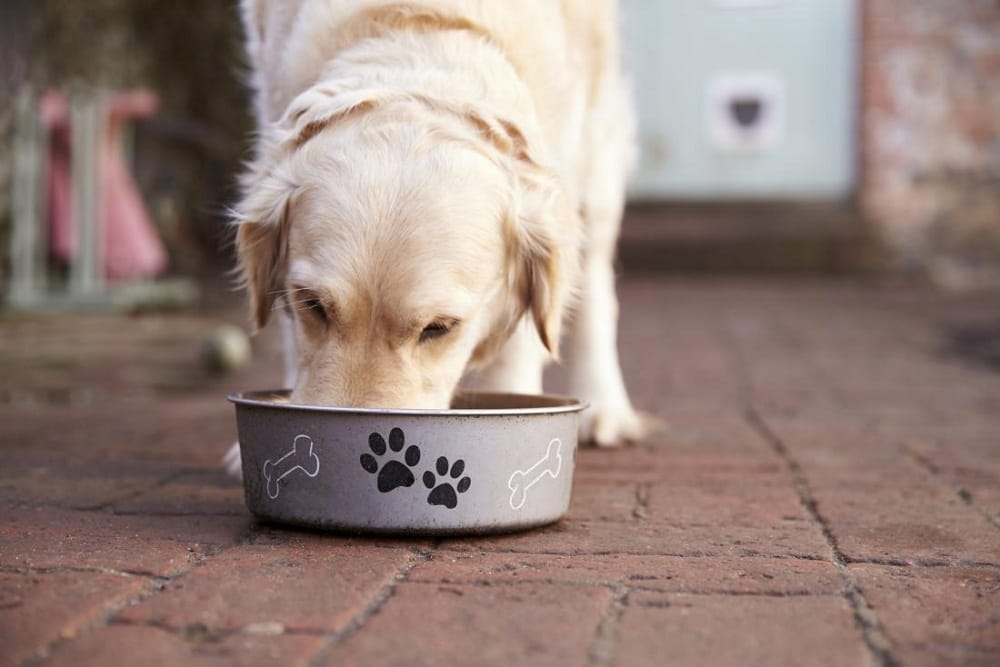Can Dogs Eat Almonds?
Well, the answer is a bit tricky. Though almonds are not toxic for your dog, they can be difficult for your furry friend to digest if consumed in high quantities as they are rich in fats. The concerns that come with the consumption of almonds are Pancreatitis and Gastroenteritis.
If a dog consumes a lot of almonds, it is likely to suffer from diarrhoea, not to mention it’ll vomit a lot as well. A dog will be affected by Gastroenteritis if the gastrointestinal tract suffers from inflammation and this involves intestines and stomach. Pancreatitis involves inflammation of the pancreas and can be either chronic or acute.
One more thing dog owners should be concerned about is the size of almonds. Our furry friends don’t usually bother chewing and end up gobbling them whole. Pet nutritionists say that dogs can even choke on nuts if they swallow it whole.
Other hazards of feeding nuts to your dog

Some answers to the question “can a dog eat nuts?” are more serious than “can dogs eat almonds?” According to some reputable veterinarians, your dog can’t eat macadamia nuts as they make a dog vomit, give it tremors, induce lethargy, fever and in a worst-case scenario, they can also lose the ability to use their hind legs.
Though most nuts are safe to feed a dog, almonds might be injurious for your dog as they can get stuck in the intestines or the stomach, developing a blockage. In smaller canines this risk is higher, so dog owners should think twice before they feed their small dogs and pups almonds as a snack.
Can I feed my dog almonds with dips or various seasonings?
Almonds are available with various seasonings and flavours and amongst these the safest ones are perhaps the roasted and salted packets. Pet owners should take special care of their dog if they eat any chocolate covered nuts as chocolate is poisonous for dogs.
They should look out for foods that contain Xylitol. Though it is a sweetener, it is toxic for dogs. If a dog consumes almonds sweetened by xylitol, it will suffer from diarrhoea, vomiting and will also experience loss of appetite. They will also be affected by low blood sugar, weakness, lethargy and less body movement. In the worst-case, a dog’s liver may fail by the toxicity of xylitol.
If a dog suffers from xylitol intoxication, it is vital that he must be put under extensive treatment and prolonged hospitalisation. If you find that your dog ate a product containing xylitol, rush to the vet immediately.
What should you do after your dog eats almonds?

If you find that in your absence your dog has consumed almonds, check if they vomit or show symptoms of diarrhoea in the next 6 to 12 hours. If you find that they are in pain and not eating food, take them to the vet immediately. A large or medium sized dog may be able to digest almonds, but the same cannot be said for small dogs as they are at higher risk of developing a blockage in their digestive system. They will get lethargic and show disinterest towards food.
If a dog consumed almonds in a large quantity over a short duration, the vet will have to use a medication that will make your dog vomit. This will be helpful in getting rid of almonds from their digestive system. But if a single almond is stuck in an intestine causing blockage; you will have to opt for abdominal surgery to extract the almond.
To make sure your dog is safe in your absence, train them well, and fill their food and drinking bowl adequately so that they don’t go looking for food in the house. Take them out on regular walks and spend quality time together. Groom them regularly by clipping their fur and while you are at it, ensure you get an understanding of how to service clippers so as to maintain them in top condition.
So, can dogs eat almonds? – No. We hope this article clears your doubts about feeding almonds to your dog. Just keep a watch on their intake and it should be fine!
Additional Information:
Annually, over 214,000 cases of pet poisoning are reported to be caused by the most common food and household items. Being aware of risk can help you as a dog parent take the proper precautionary measures to guard the health and safety of your beloved pooch.

Related Posts:

